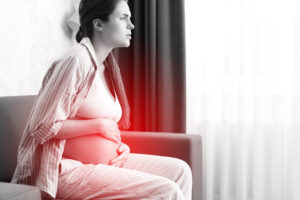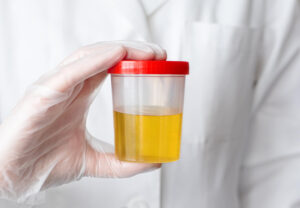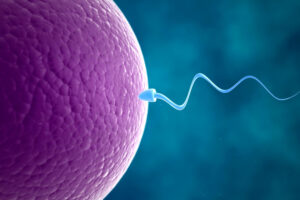Many women feel stomach cramps and ask themselves: “Is my period coming, or could I be pregnant?” It’s a common confusion because period cramps and early pregnancy cramps can feel almost the same. But knowing the small differences between the two can help you understand what your body is trying to tell you.
In this comprehensive guide, we’ll explain the key differences between period cramps vs. pregnancy cramps, common signs to look for, and when to seek medical advice.
What Are Period Cramps?
Period cramps, also called dysmenorrhea, are pains in the lower belly that happen before or during your period. They occur because the uterus contracts to shed its lining. The uterus’s contraction causes them to shed their lining.
Common Symptoms of Period Cramps:
- Sharp or dull aching pain in the lower abdomen or back
- Pain typically starts 1-2 days before the period and lasts up to 3 days.
- Accompanied by heavy bleeding, bloating, fatigue and sometimes nausea
- Cramping intensity may vary from mild to severe
What Are Pregnancy Cramps?
Pregnancy cramps typically occur in early pregnancy, usually during the first few weeks after conception. These cramps are typically caused by:
- The fertilized egg attaches itself to the lining of the uterus
- Hormonal changes that prepare the body for pregnancy
- Uterus expansion as the embryo grows
Common Symptoms of Pregnancy Cramps:
- Mild pulling, tugging, or light pressure in the lower abdomen
- Often occurs around the time of a missed period.
- No bleeding or very light spotting (implantation bleeding)
- Accompanied by other early pregnancy signs like nausea, sore breasts, and fatigue
Period Cramps vs. Pregnancy Cramps: Key Differences
| Feature | Period Cramps | Pregnancy Cramps |
| Timing | 1–2 days before period | 6–12 days after ovulation |
| Pain Type | Sharp, throbbing, or dull | Mild, pulling, or pricking |
| Duration | Lasts 2–3 days | May last several weeks mildly |
| Bleeding | Heavy or regular flow | No bleeding or very light spotting |
| Other Symptoms | PMS: mood swings, bloating, acne | Nausea, breast tenderness, missed period |
Early Pregnancy Signs Alongside Cramps
If you’re wondering whether your cramps could mean pregnancy, watch for these early pregnancy symptoms:
- Missed period
- Sore or swollen breasts
- Nausea or vomiting (morning sickness)
- Increased urination
- Fatigue
- Heightened sense of smell
Implantation Cramps vs. Period Cramps
One of the earliest signs of pregnancy is implantation cramping, which occurs when the fertilized egg attaches to the uterine wall.
Implantation Cramps:
- Happens around 6–12 days after ovulation.
- Causes very mild discomfort.
- May come with light spotting (implantation bleeding)
These are much milder compared to menstrual cramps, which are typically sharper and stronger.
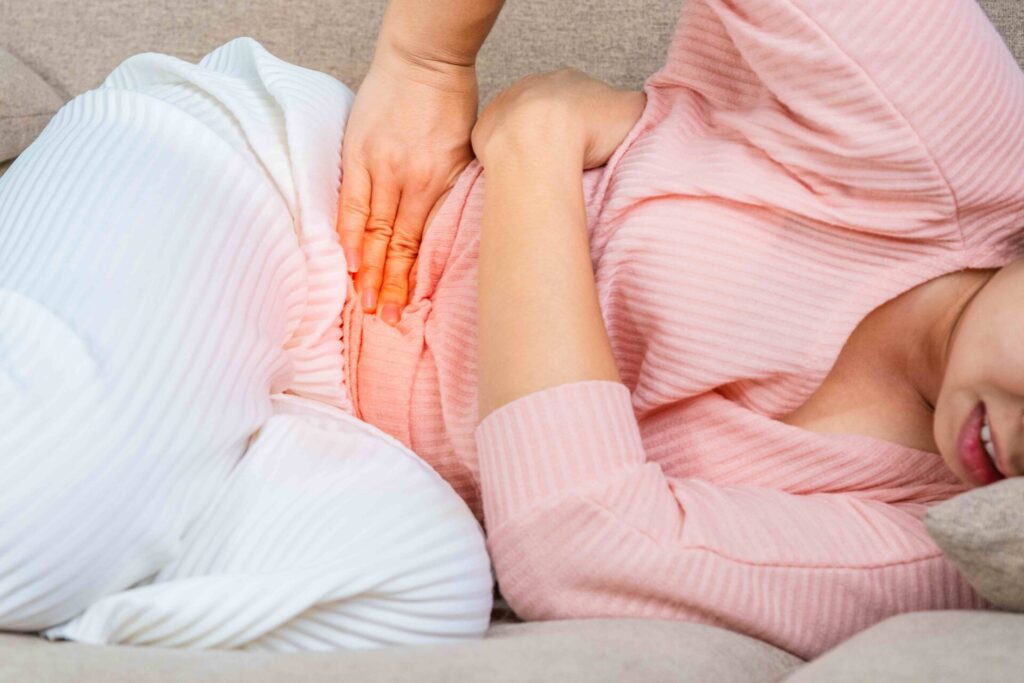
How Long Do Pregnancy Cramps Last?
- Early pregnancy cramps can last for a few days to a couple of weeks.
- They are generally mild and intermittent.
- If the cramps are accompanied by severe pain, heavy bleeding, or dizziness, you should seek immediate medical help.
When Should You Take a Pregnancy Test?
If you suspect your cramps are due to pregnancy:
- Wait until at least the first day of a missed period.
- Home pregnancy tests detect the hCG hormone, which rises after implantation.
- For accurate results, consider testing one week after your missed period.
When to See a Doctor?
While mild cramps are usually harmless, you should consult a doctor if you experience:
- Severe abdominal pain
- Heavy bleeding
- Fainting or dizziness
- Sharp pain on one side of the abdomen
These could be signs of:
- Ectopic pregnancy
- Miscarriage
- Other gynaecological conditions
The Emotional Side: Anxiety About Cramps
Many women feel anxious while waiting to see whether their symptoms signal pregnancy or an upcoming period. This emotional stress can sometimes intensify physical symptoms.
At The Boon IVF, we encourage women to seek professional advice as early as possible. Whether you’re trying to get pregnant or feeling concerned about unusual symptoms, our team is here to support you every step of the way.
Lifestyle Tips for Managing Cramps
Whether you’re having period cramps or early pregnancy cramps, these simple tips can help relieve the discomfort:
- Use a heating pad on your lower abdomen.
- Stay hydrated
- Gentle exercise or stretching
- Practice relaxation techniques like deep breathing or meditation
- Eat a balanced diet rich in iron, magnesium and fibre
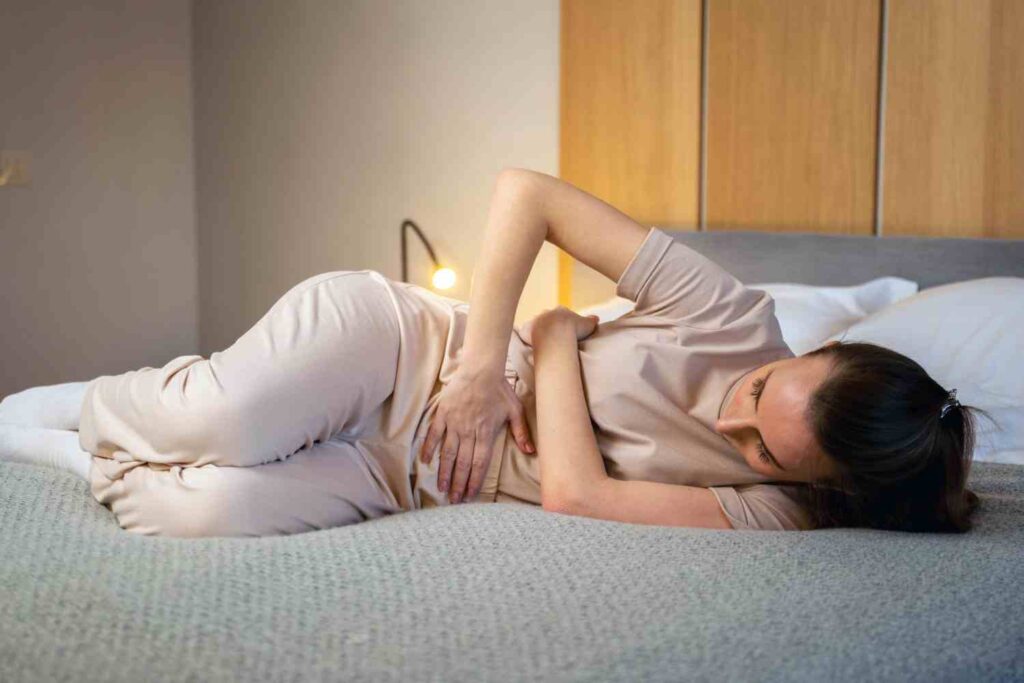
Common Myths About Pregnancy and Period Cramps
| Myth | Fact |
| You can’t have cramps if you’re pregnant | Mild cramping is normal in early pregnancy |
| Implantation bleeding is like a period | Implantation bleeding is light pink or brown spotting |
| All cramps during pregnancy mean miscarriage | Most early pregnancy cramps are harmless |
Conclusion
Understanding the differences between period cramps vs. pregnancy cramps can help you take the next steps confidently. While both types of cramps may feel similar, the timing, intensity, and accompanying symptoms offer important clues.
If you are still unsure, the best course of action is to take a pregnancy test and consult with a healthcare professional.
At The Boon IVF, we provide expert guidance, fertility care, and support for women at every stage of their reproductive journey. If you have any concerns or need professional advice, feel free to book a consultation with our specialists.
About The Boon IVF
At The Boon IVF, we specialize in providing compassionate fertility care, including IVF, IUI, egg freezing, and pregnancy support. Our dedicated team is committed to helping you achieve your dream of parenthood with the highest standards of medical care
